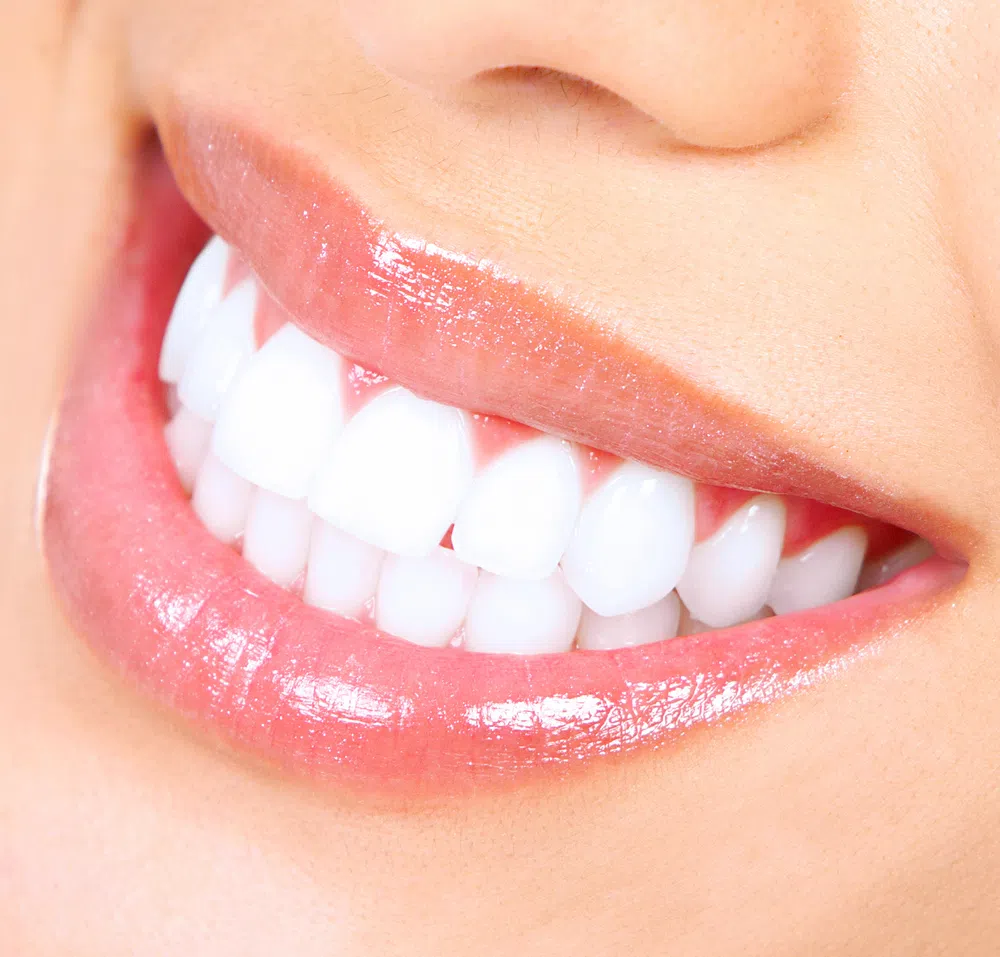What to eat after teeth whitening
- E. Mac

- Nov 4, 2024
- 3 min read

To maintain white and shiny teeth, it's important to be mindful of foods that can stain your teeth, similar to how they can stain a white T-shirt. This is typically the initial advice dentists offer their patients post-teeth whitening treatment. Here are some key points to consider if you're thinking about teeth whitening.
What are teeth whitening?
Tooth whitening is a popular cosmetic dental procedure designed to enhance the appearance of teeth by lightening their color and eliminating stains or discoloration. Understanding the structure of your teeth is crucial when considering tooth whitening treatment, as it can affect the overall results and longevity of the procedure.
The outer layer of the tooth, known as enamel, plays a significant role in determining the color of your teeth. The color of the enamel is influenced by the dentin layer beneath it. Thinner enamel may result in a darker tooth color, while thicker enamel tends to make teeth appear more luminous and whiter.
It's important to note that genetics also play a role in determining the thickness of your enamel, which can impact the effectiveness of tooth whitening treatments. Additionally, factors such as diet, oral hygiene practices, and lifestyle choices can influence the success of tooth whitening procedures and the longevity of results.
After undergoing tooth whitening, it is essential to follow proper post-treatment care instructions provided by your dentist to maintain the results and ensure the health of your teeth. Regular dental check-ups, good oral hygiene habits, and avoiding habits that can stain teeth, such as smoking or consuming certain foods and beverages, are essential for preserving a bright and healthy smile.
What can I eat after teeth whitening?
After undergoing a teeth whitening treatment, it is common for your teeth to become more sensitive and prone to staining in the initial days. To maintain the results of the whitening procedure, it is advisable to consume foods that are not intensely pigmented. Therefore, if you are wondering whether you can consume butter after teeth whitening, rest assured that you can enjoy foods with lighter hues.
For optimal oral health post-whitening, we suggest incorporating light-colored, non-acidic, and nutritious options into your diet. Consider including chicken or turkey, which are both light in color and beneficial for your teeth. Additionally, you can opt for fish, rice, potatoes, pasta, onions, egg whites, white bread, bananas, yogurt, and porridge as safe and tooth-friendly choices.
By selecting these food items, you can help maintain the whiteness of your teeth while also supporting your overall well-being. Remember to follow these dietary recommendations to ensure the longevity of your teeth whitening results and to promote a healthy smile.
Foods to avoid when whitening teeth
After undergoing teeth whitening, it is crucial to be mindful of certain foods and beverages that can potentially stain your teeth. Dark-colored items like coffee, wine, dark fruits, curry, and chocolate should be avoided to maintain the brightness of your smile. Similarly, acidic foods and drinks such as fizzy beverages and fruit juices can erode the enamel and compromise the effects of teeth whitening.
Interestingly, tea, particularly black tea, can have a more detrimental impact on tooth coloration compared to coffee. Tobacco products are notorious for causing teeth discoloration, often referred to as "smoker's teeth" for a valid reason. Dentists strongly advise against smoking post-teeth whitening treatment to prevent the gradual return of yellowing teeth.
Adhering to these guidelines and making informed dietary choices can significantly prolong the results of your teeth whitening procedure, ensuring a radiant and confident smile for longer periods.
Information regarding teeth whitening
Teeth whitening is a cosmetic procedure that has gained popularity due to its ability to enhance one's smile. Contrary to common misconceptions, when performed by a professional dentist, teeth whitening is a safe process that does not damage the teeth. In fact, it can have positive effects on oral health as well. After a whitening session, the teeth undergo a natural remineralization and rehydration process, leaving them healthier and brighter.
It is normal to experience some sensitivity following a teeth whitening treatment, but this sensation is typically temporary and will subside soon after the procedure. Patients often wonder about the timing of eating after teeth whitening. While the general advice is to eat when you feel hungry, it is recommended to wait a couple of hours before consuming food. Opting for white foods that are less likely to stain the teeth can also help maintain the results of the whitening treatment.
When considering the cost of teeth whitening, several factors come into play. The condition of the teeth, the presence of gum issues, the specific whitening procedure chosen, and the experience of the dentist can all influence the overall cost. In Turkey, the price of teeth whitening can vary between $500 and $700, making it a cost-effective option for those seeking a brighter smile.














Comments